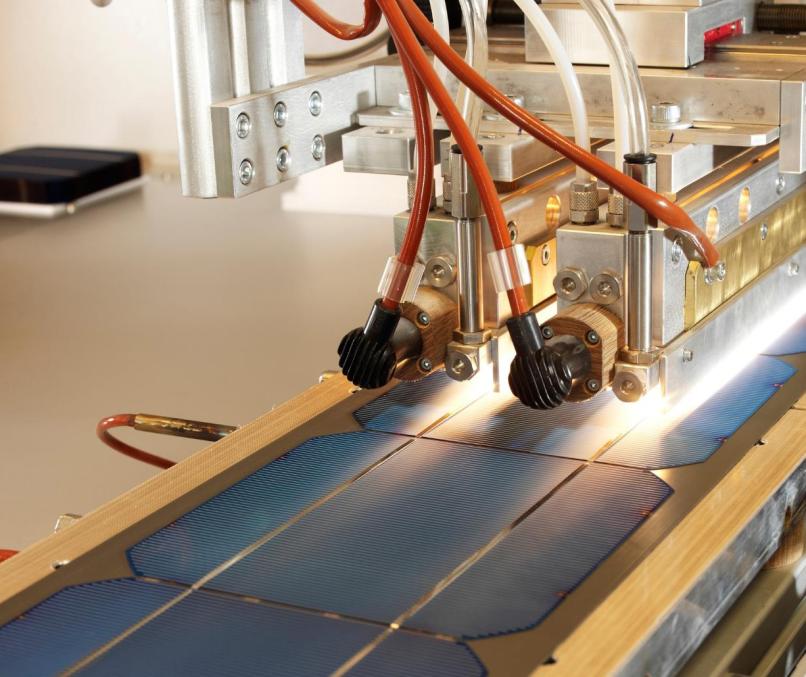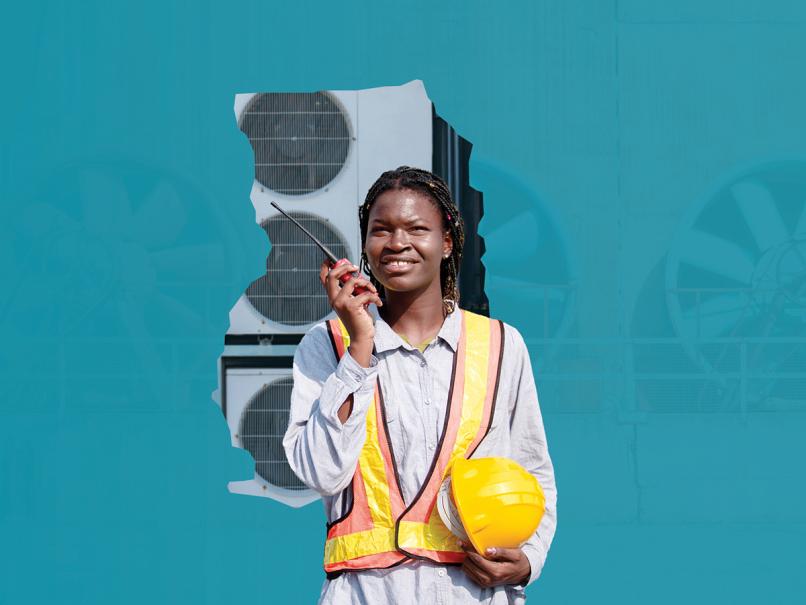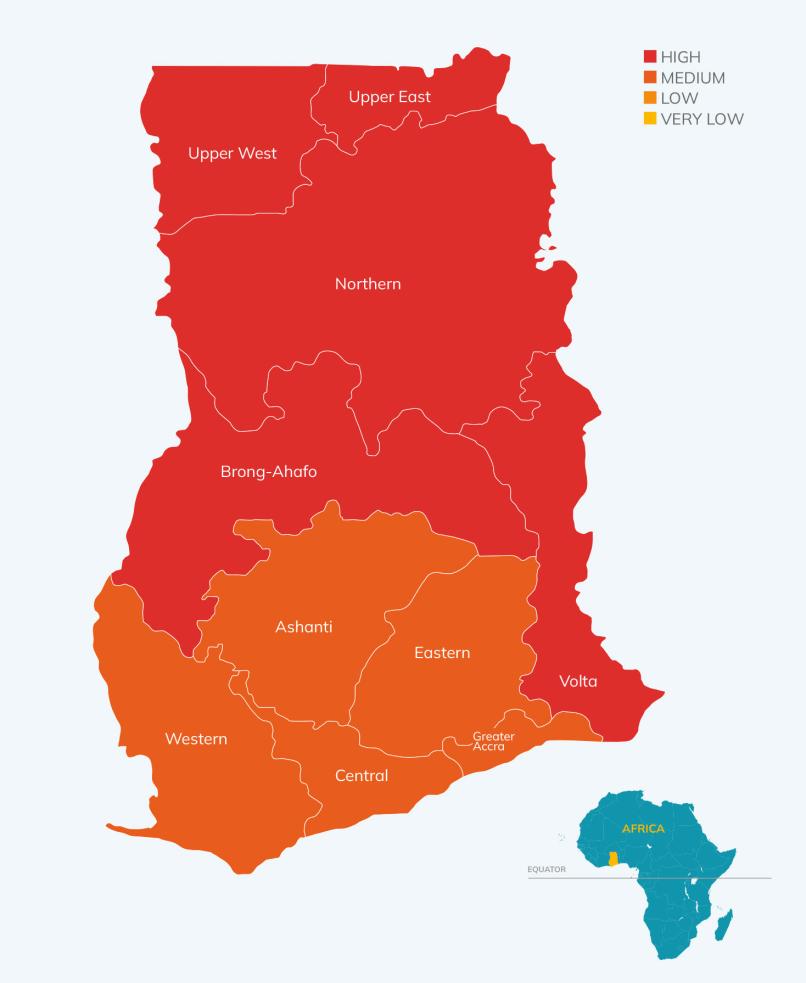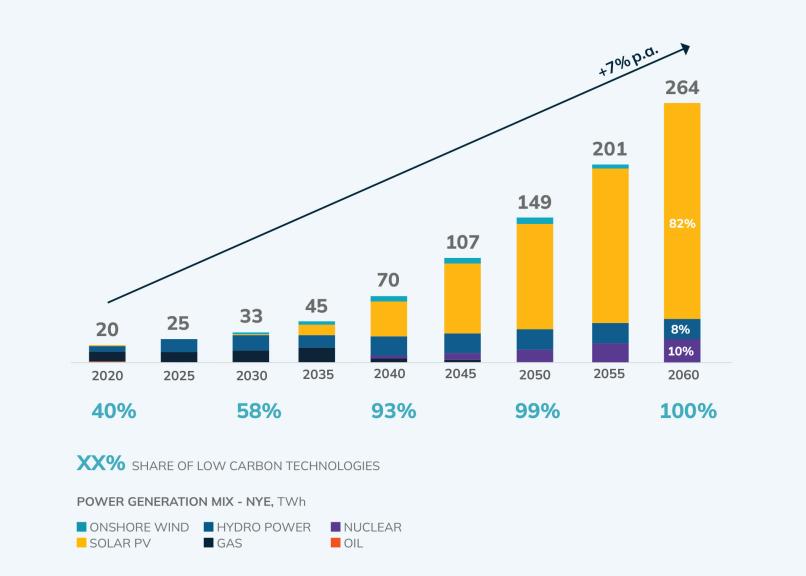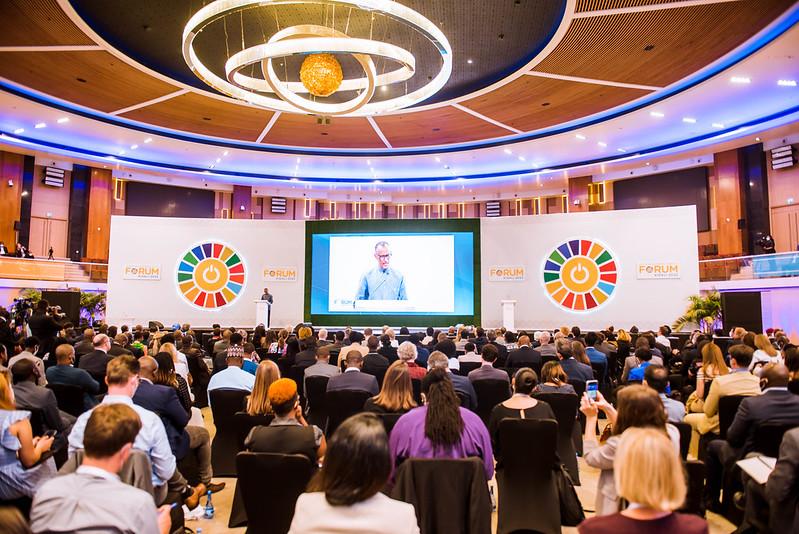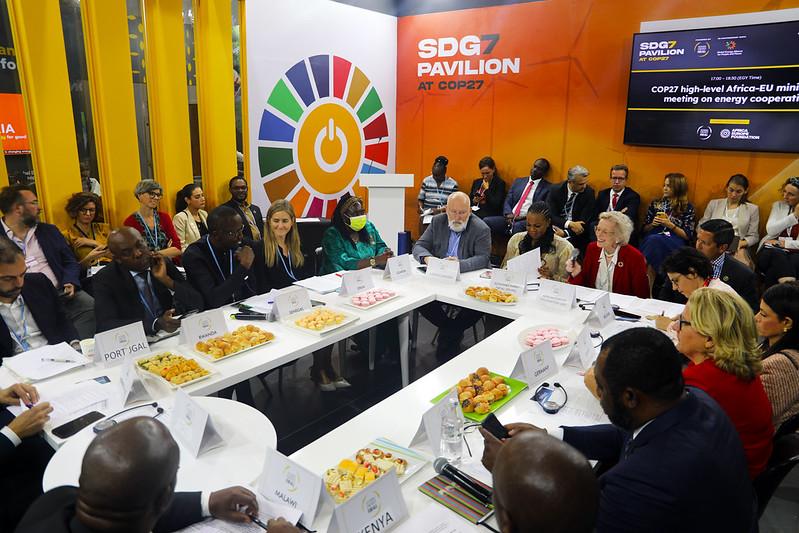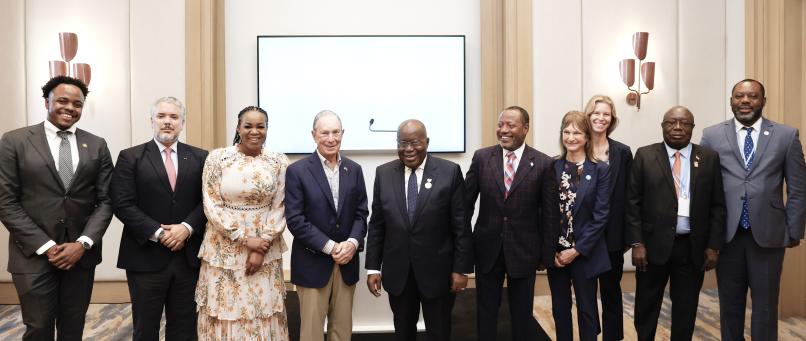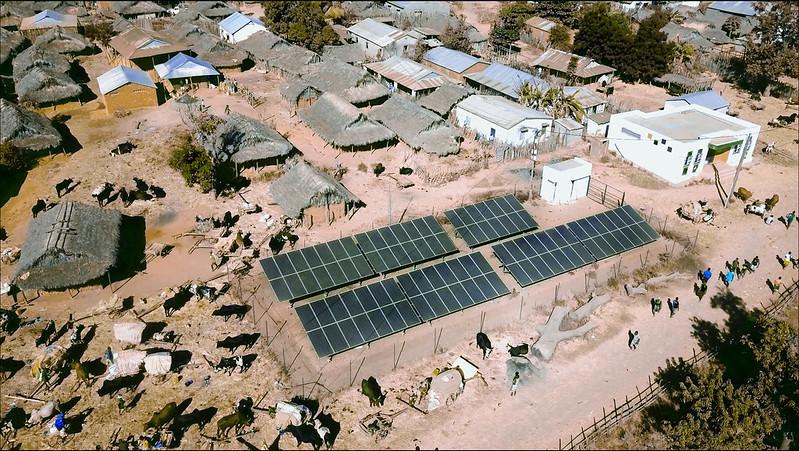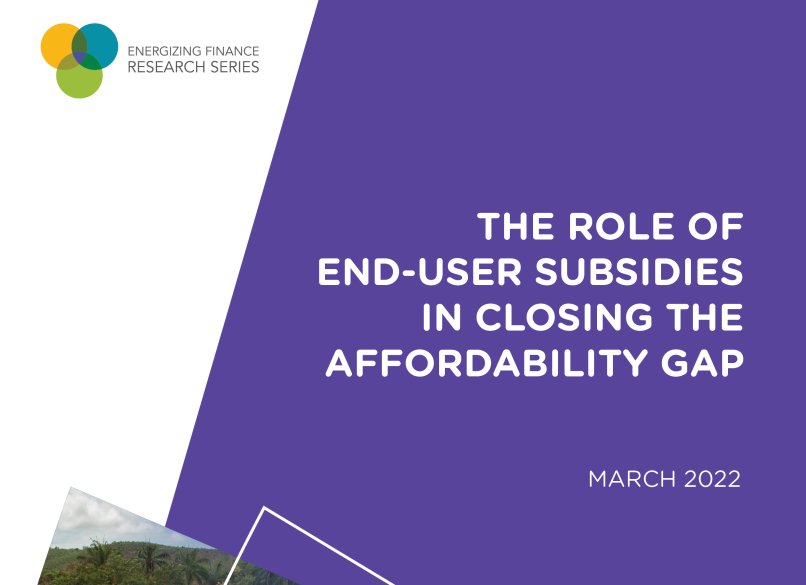Ghana Green Manufacturing and Policy Guide
Ghana’s Energy Transition and Investment Plan (ETIP), launched in 2023, offers a pathway to achieve net zero by 2060 while meeting the country’s energy needs and balancing socio-economic development objectives.
To aid the private sector, investors, and other stakeholders in navigating the manufacturing policy and regulatory landscape in Ghana, this guide offers insights on two key areas:
- Considerations for OEMs in establishing a renewable energy (RE) manufacturing company: applicable laws, processes and institutions to engage.
- Overview of the domestic green manufacturing policy landscape: available incentives, stakeholders and governance.
